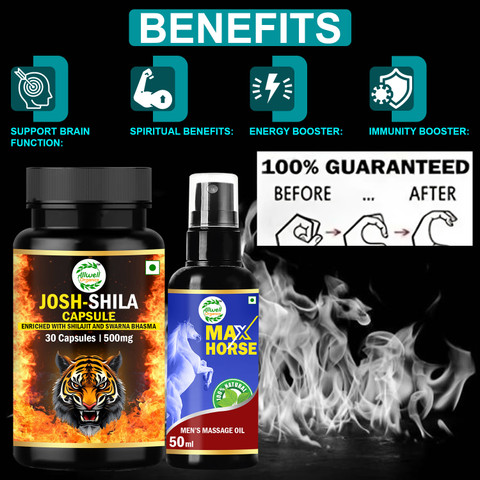Oil Supplementation: Types and Benefits for Your Horse

Oil supplementation is a popular and effective way to enhance your horse’s diet, providing essential fatty acids, improving coat condition, and supporting overall health. This article explores the various types of oils suitable for horses, their specific benefits, and practical advice on how to incorporate them into your horse’s feeding regimen.
Types of Oils for Horses

| Oil Type | Source | Key Nutrients | Benefits | Considerations |
|---|---|---|---|---|
| Flaxseed Oil | Cold-pressed flax seeds | Omega-3 fatty acids (ALA) | Anti-inflammatory, improves coat shine, supports joint health | Store in a cool, dark place to prevent rancidity |
| Corn Oil | Extracted from corn germ | Omega-6 fatty acids | Provides energy, supports skin health | High in omega-6; balance with omega-3 intake |
| Soybean Oil | Extracted from soybeans | Omega-6 fatty acids, vitamin E | Energy source, antioxidant properties | May cause allergies in some horses |
| Canola Oil | Extracted from rapeseed | Balanced omega-3 and omega-6 | Good energy source, supports cardiovascular health | Use in moderation due to fat content |
| Coconut Oil | Extracted from coconut meat | Medium-chain triglycerides (MCTs) | Quick energy source, supports digestion | Less common in equine diets; introduce gradually |
Benefits of Oil Supplementation
- Enhanced Energy Levels: Oils are calorie-dense, providing a concentrated energy source ideal for performance or hard-working horses.
- Improved Coat and Skin Health: Essential fatty acids nourish the skin and promote a glossy, healthy coat.
- Anti-inflammatory Effects: Omega-3 fatty acids help reduce inflammation, benefiting horses with joint issues or allergies.
- Digestive Health Support: Certain oils, like coconut oil, can aid digestion and improve nutrient absorption.
- Weight Management: Oils can help underweight horses gain weight healthily without increasing feed volume.
How to Incorporate Oils into Your Horse’s Diet
- Start Slowly: Introduce oils gradually to allow your horse’s digestive system to adjust.
- Measure Accurately: Use a measuring cup or syringe to ensure consistent dosing.
- Mix Thoroughly: Blend oil with feed or supplements to encourage consumption.
- Monitor Your Horse: Watch for any adverse reactions or changes in stool consistency.
- Balance Fatty Acids: Aim for a balanced ratio of omega-3 to omega-6 fatty acids to optimize health benefits.
Frequently Asked Questions (FAQ)
Q1: Can I use human cooking oils for my horse?
A1: It’s best to use oils specifically recommended for equine use, as some human cooking oils may contain additives or be unsuitable for horses.
Q2: How much oil should I feed my horse daily?
A2: Typically, 1/4 to 1/2 cup per day is sufficient, but this depends on your horse’s size, workload, and dietary needs.
Q3: Are there any risks associated with oil supplementation?
A3: Overfeeding oil can cause digestive upset or weight gain. Always introduce oils gradually and consult with a veterinarian.
Q4: Can oil supplementation replace other fat sources in my horse’s diet?
A4: Oils can complement but should not completely replace other fat sources unless advised by a nutritionist.
Conclusion
Incorporating the right type of oil into your horse’s diet can significantly enhance their health, energy, and appearance. Understanding the different oils and their benefits allows you to make informed decisions tailored to your horse’s specific needs. Always introduce oils carefully and monitor your horse’s response to ensure optimal results.
